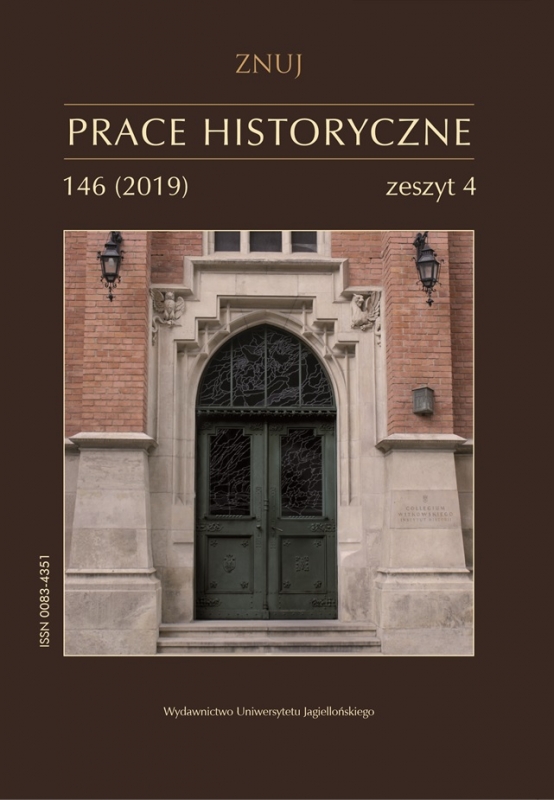Grecka diaspora w Zamościu na przełomie XVI i XVII wieku
Greek diaspora in Zamość in the late 16th and early 17th centuries
Author(s): Ihor LyloSubject(s): History
Published by: Wydawnictwo Uniwersytetu Jagiellońskiego
Keywords: Grecy; Lwów; małmazja; Zamość; diaspora; Greeks; merchants; Jan Zamoyski; Lviv; Malvasia
Summary/Abstract: This article considers questions of the formation and activity of the Greek trade diaspora in Zamość at the end of the 16th and in the first half of the 17th centuries. The research focuses on the preconditions to this resettlement and on the adaptation process of Greek immigrants. Greek merchants quickly created a compact settlement and gained access to high level city officials. Moreover, the community supported its own Orthodox priest, church and cemetery. The main commodity in their trade was Malvasia, a kind of sweet wine, which was transported to Zamość from Crete. The activity of Greek merchants was dangerous for the economic interests of Lviv and therefore resulted in many conflicts between the traders and Lviv’s deputies. It is vital to understand the reasons behind Jan Zamoyski’s (the Lord of Zamość) decision to invite only those Greek merchants who were previously citizens of the Venetian republic. The Crown Chancellor – a prominent figure in Renaissance European history – discovered the unique qualities of these people during his studies at Padua University, and most probably at that time devised plans to harness their exceptional political and economic vision.
Journal: Prace Historyczne
- Issue Year: 146/2019
- Issue No: 4
- Page Range: 735-747
- Page Count: 13
- Language: Polish

